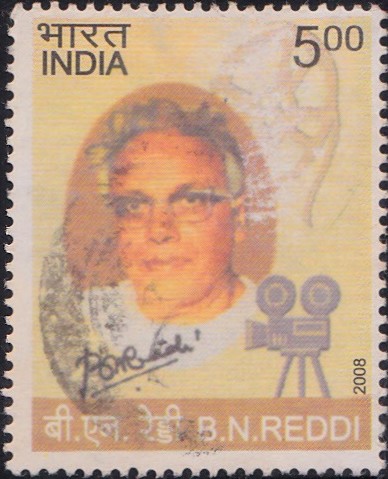
B.N. Reddi
A commemorative postage stamp on the Birth Centenary of Bommireddy Narasimha Reddy, a Telugu film director :
 Issued by India
Issued by India
Issued on Nov 16, 2008
Issued for : India Post is happy to issue a commemorative postage stamp on B.N. Reddi.
Credits :
Stamp, FDC & Cancellation : Nenu Gupta
Type : Stamp, Postal Used
Colour : Multi colour
Denomination : 500 Paise
Stamps Printed : 0.4 Million
Printing Process : wet–offset
Printer : Security Printing Press, Hyderabad
Name : Bommireddy Narasimha Reddy
Born on Dec 2, 1908 at Kothapalli village, Pulivendula municipality, Kadapa district, Andhra Pradesh, India
Died on Nov 8, 1977 at Chennai, India
About :
- Bommireddi Narasimha Reddi, a doyen of Telugu Film industry an Auditor turned producer and Director who believed in Gandhian value and message oriented films. He was born on 16th November, 1908 at Y. Kothapalli, Cuddapah District, Madras Province. He took to auditing and qualified as a Chartered Accountant. B.N. Reddi wanted to join Shantiniketan, but parental reluctance made him stay in Madras and prepare for Chartered Accountant Examination. He always has a flair for fine arts and in early mid-30’s appeared on stage plays with giants like Ballari Raghava. He was also known as a poet. He set up BNK Printing Press, which was the Modern Press in Asia in 1936 in Chennai.
- B.N. Reddi made his film debut as Associate Financer and as Scenarist by joining Hanumantappa Muniyappa Reddi, the father of Telugu Talkie films and Guru to many leading Directors in forming Rohini Pictures and producing “Gruhalakshmi”, which was a great success (1938). But soon after, he left H.M. Reddi due to the difference as B.N. Reddi did not like H.M. Reddi’s compromise for commercial values and came out to set up “Vauhini Films and Studios” along with stalwarts like K. Ramnath, A.K. Sekhar, Chittoor P. Nagaiah and K.V. Reddy, whom he met at Rohini Pictures.
- The year 1939 was certainly a revolutionary one in Telugu film history. It saw the release of “Vande Mataram” (1939) based on the novel he has written on social problems in the society, which was never published, but it became the foundation for his first film. It was a big hit. His second film took up the issue of child widows “Sumangali” (1940) in the society. In his next film he took up the issue of premarital pregnancy and caused an uproar among the conservatives, but he went ahead amidst opposition and “Devatha” took the world by storm. Even in non-Telugu speaking areas it ran to full houses.
- When he made films on rural unemployment and widow remarriage, people have identified his films as vanguard of new cinematic value. Throughout his three-decade film career he never compromised for the sake of commercialization and opted out of film-making when he found that he did not fit into changing scenario. His Vauhini films were identified with artistic and socially purposeful films. His expensive Vauhini Studios, later merged with Vijaya Studios, was one of its kind in South Asia. His memory is etched deep in the memory of Telugu psyche through his timeless classic “Malliswari” (1951). In 1954 came “Bangaru Papa“, a film based on George Eliot‘s Sailan Mariner, which won international acclaim. Charlie Chaplin who had seen this film in London had said that Eliot would have been the happiest man, if he could see.
- B.N. Reddi has been popular with the audience winning public acclaim. Government of India and State Government recognized his contribution and awarded Padmabhushan in 1974.
- B.N. Reddi won Dadasaheb Phalke Award in 1975 becoming first person in Telugu film industry and second person from South India to win this award.
- B.N. Reddi was also a Member of Legislative Council of Andhra Pradesh between 1958 and 1963.
- B.N. Reddi died on 8th November, 1977 but his legacy lives on.
- Text : As per the material provided by the proponent.


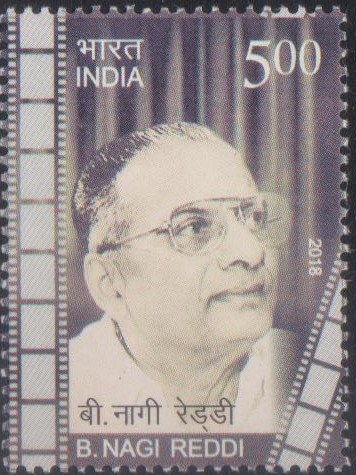
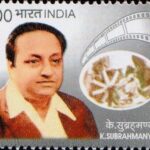
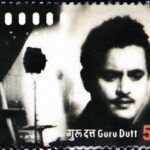
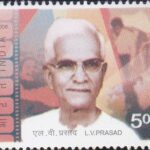
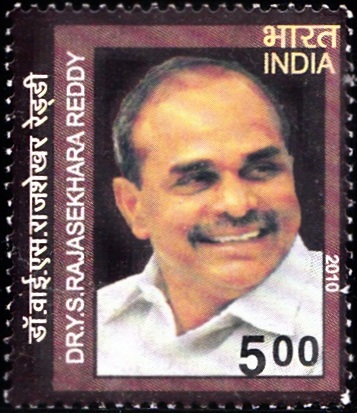
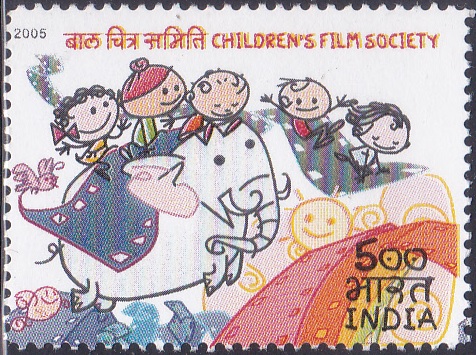
[…] he took care of his father’s onion export business, but his elder brother B. N. Reddy was instrumental in getting him involved in the film industry. Taking over from him the management […]